PTSD and Sexuality(4 CE Hours)Presenter:Stacy Nadelhoffer, LCSW, CST
$140.00
4 CE Hours
Presented by: Stacy Nadelhoffer, LCSW, CST
Recorded workshop available via video on demand
AASECT Category:
Human Sexuality Education
Section H
Description: The goal of this workshop is to provide a comprehensive understanding of posttraumatic stress disorder. We will identify and thoroughly discuss the symptoms of PTSD. Students will learn the neurobiology involved in the body’s stress response, and understand why traumatic memories are not fully integrated into an individual’s memory network. We will continue to talk about how sensory memory fragments may continue to affect a person’s daily life—physiologically, cognitively, emotionally, and behaviorally. Students will gain a full understanding of how PTSD manifests physiologically, behaviorally, cognitively, and emotionally.
We will specifically focus on the impact of this disorder on two populations—combat war veterans and sexual assault survivors. We will identify obstacles that may prevent service members from seeking treatment, as well as common coping strategies of PTSD. We will also consider how the exclusion of the social and moral of politics may inhibit the full expression of the service member’s narrative. We will review the concept of moral injury, and how this phenomenon affects the service members’ attachment and with significant others, difficulties with trust, as well as how they feel about themselves. We will identify common sexual dysfunctions and difficulties, and treatments thus far that have assisted with these presenting problems.
We will also discuss civilian partners of service members and their lived experiences. The areas of concentration will be secondary traumatiziation, emotional numbing, disenfranchised grief, ambiguous loss, caregiver burden, and compassion fatigue. We will discuss how Rosemary Basson’s model of responsive sexual desire may be affected by emotional numbing, and how role theory affects the de-eroticization of the relationship.
This workshop will also focus on how PTSD affects sexual assault survivors. Wendy Maltz’s work focuses on the sexuality of survivors. Students will learn how sexual abuse can lead to the development of powerlessness, anxiety, rejection, unhealthy attitudes about sex, false conclusions about one’s self-image, and automatic reactions (involving physical sensations and intrusive thoughts related to touch and sex). We will identify unwanted manifestations of sexual behavior that may result from sexual abuse. This workshop will discuss the literature on sexual abuse—specifically the Child Sexual Ause Accomodation Syndrome, results of the 1990 ACE study involving over 17,000 participants, and the implications for treatment. Students will learn how survivors become aware of their sexual rights, develop healthy attitudes about sex, handle automatic reactions, as well as relearn touch exercises which are paced appropriately in the therapeutic context. Students will also learn how disclosure of sexual abuse affects the partner, and thus how the partner may be confronted with unconscious projections of past abuse experiences.
Finally, we will discuss interventions. This workshop will outline Judith Herman’s recovery stages, including the establishment of safety, reconstructing the trauma story, and restoring the connection between survivors and their community. We will define to-down and bottom-up regulation, and identify interventions that are appropriate for particular case study examples. Other interventions that will be explained include medication, prolonged exposure therapy, writing, art, music, and dance, eye movement desensitization and reprocessing, yoga, dialectical behavioral therapy, internal family systems therapy/parts work, and neurofeedback. Case examples will be used to better illustrate the therapeutic work involved with individuals and couples affected by posttraumatic stress disorder. Finally, students will learn how to assist clients in understanding and reducing traumatic suffering, as well as experientially find deeper meaning and purpose in suffering—as well as integrate DBT and trauma work into Gottman Method couples therapy.
Learning Objectives:
|
Activity Schedule:
30 min-Moral injury and attachment
1.5 hrs-Understanding PTSD and its impact on sexuality
2 hours Therapeutic interventions with clients impacted by PTSD
Speaker bio:
Stacey Nadelhoffer, LMFT, CST is a Clinical Social Worker in Chicago, IL specializing in trauma and sexuality.

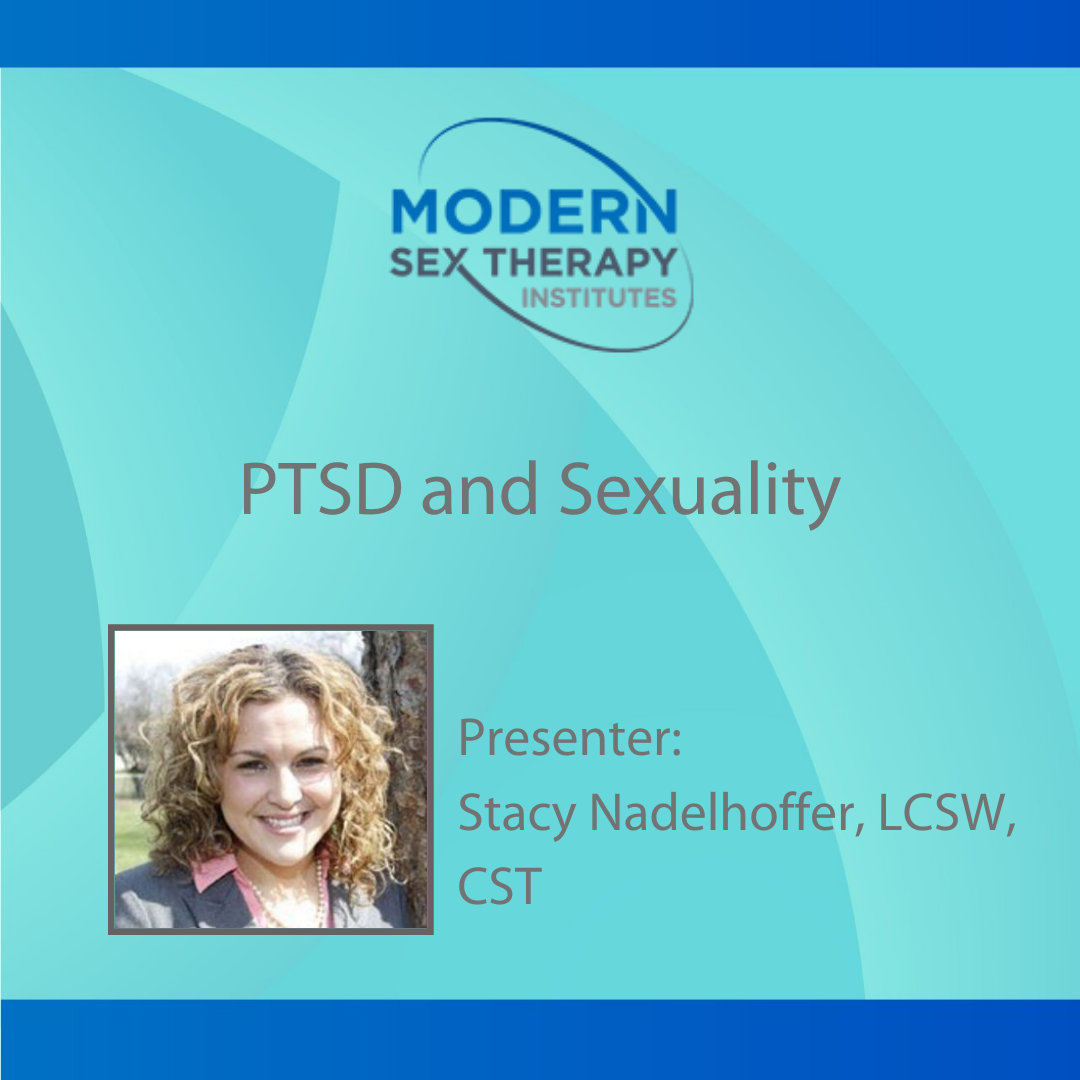
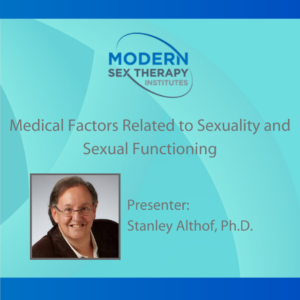
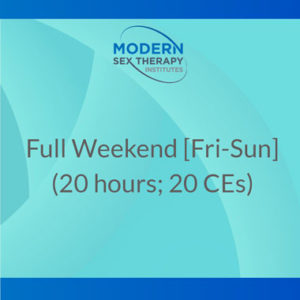
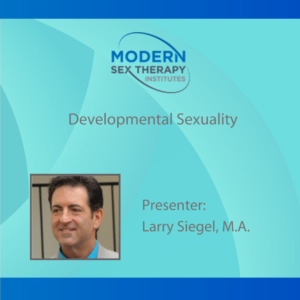
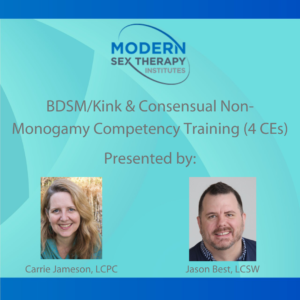

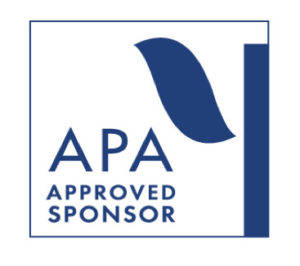 The Advanced Mental Health Training Institute is approved by the American Psychological Association to sponsor continuing education for Psychologists. The Advanced Mental Health Training Institute maintains responsibility for this program and its content.
The Advanced Mental Health Training Institute is approved by the American Psychological Association to sponsor continuing education for Psychologists. The Advanced Mental Health Training Institute maintains responsibility for this program and its content.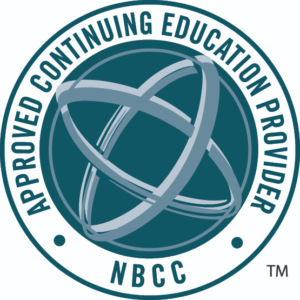 The Advanced Mental Health Training Institute has been approved by NBCC as an Approved Continuing Education Provider, ACEP No.6901. Programs that do not qualify for NBCC credit are clearly identified. The Advanced Mental Health Training Institute is solely responsible for all aspects of the programs.
The Advanced Mental Health Training Institute has been approved by NBCC as an Approved Continuing Education Provider, ACEP No.6901. Programs that do not qualify for NBCC credit are clearly identified. The Advanced Mental Health Training Institute is solely responsible for all aspects of the programs.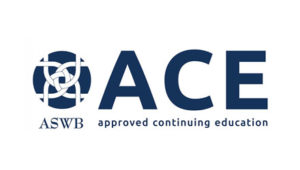 Modern Sex Therapy Institutes [1787, 4/30/22-4/30/25], is approved to offer social work continuing education by the Association of Social Work Boards (ASWB) Approved Continuing Education (ACE) program. Organizations, not individual courses, are approved as ACE providers. State and provincial regulatory boards have the final authority to determine whether an individual course may be accepted for continuing education credit.
Modern Sex Therapy Institutes [1787, 4/30/22-4/30/25], is approved to offer social work continuing education by the Association of Social Work Boards (ASWB) Approved Continuing Education (ACE) program. Organizations, not individual courses, are approved as ACE providers. State and provincial regulatory boards have the final authority to determine whether an individual course may be accepted for continuing education credit.